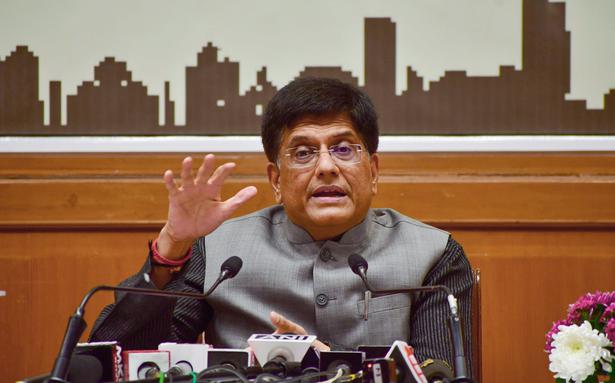India’s HDFC Bank and some foreign banks have stopped offering trade credit for oil imports to Nayara Energy, a Russian-backed refiner, and some suppliers are requiring upfront payments to avoid potential problems from Western sanctions against Moscow, four banking and industry sources said .
Nayara was not sanctioned as part of the international response to Russia’s invasion of Ukraine, but Russian energy giant Rosneft, which owns 49% of India’s refinery, was sanctioned.
To avoid the need for loans to finance foreign trade, the Mumbai-headquartered company is selling more of its refined fuels in India, two of the sources said.
All sources declined to be named because they are not authorized to speak to the media.
Nayara did not respond to a request for comment. Rosneft did not immediately respond to a request for comment. Nayara imports an average of $1 billion worth of crude every month for its 4,00,000 barrels-per-day Vadinar refinery in the Indian state of Gujarat, the two sources told Reuters.
India’s HDFC Bank and international banks including Citibank, JP Morgan, Deutsche Bank and Japan’s Mitsubishi UFJ Financial Group have stopped opening and confirming letters of credit (LCs), a standard form of payment guarantee in oil trade, for Nayara, four sources said .
Citigroup, JP Morgan, Deutsche Bank and Mitsubishi UFJ declined to comment Monday, while HDFC did not respond to requests for comment.
Kesani Enterprises Co Ltd, a consortium led by Trafigura Group and Russia’s UCP Investment Group, is the other major shareholder in Nayara, also holding a 49.13% stake.
Kesani has pledged all of its shares in Nayara to Russian bank VTB, from which it borrowed to fund its 2017 acquisition of the Indian refinery, according to a Nayara fundraising document issued in August last year.
VTB was also sanctioned.
The two sources said Nayara increased local sales of its refined fuels this month, hurting its revenue as pump prices in India are below overseas prices.
Previously, Nayara increased its fuel exports to earn more from robust overseas margins. State-owned refiners, which dominate Indian fuel retailing, have yet to pass the rise in oil prices on to customers to help the government fight inflation.
Nayara needs to keep its fuel selling price close to state refiners’ rates just to be able to sell its products in local markets, the sources added.
Russia’s invasion of Ukraine, which Moscow calls a “special operation,” has prompted financial sanctions from the United States, Europe and Britain.
While New Delhi calls for an immediate ceasefire in Ukraine, it refuses to explicitly condemn Moscow’s actions. India has also abstained from voting on several United Nations resolutions on the invasion.
“Since these LCs are channeled through foreign banks in the countries that imposed the sanctions, we don’t want to risk spoiling our labor relations, so in some cases we are taking a more cautious approach,” a chief executive at an Indian state bank said.
This source said his bank has stopped issuing LCs for transactions that have ties to Russia.
India’s CARE Ratings has already downgraded Nayara’s long-term ratings to “negative impact credit monitoring” due to sanctions against Moscow.
“For state-owned companies, where there is full government support, you can make an exception, but for private companies, it’s not worth taking the risk,” said an executive at another private lender.


